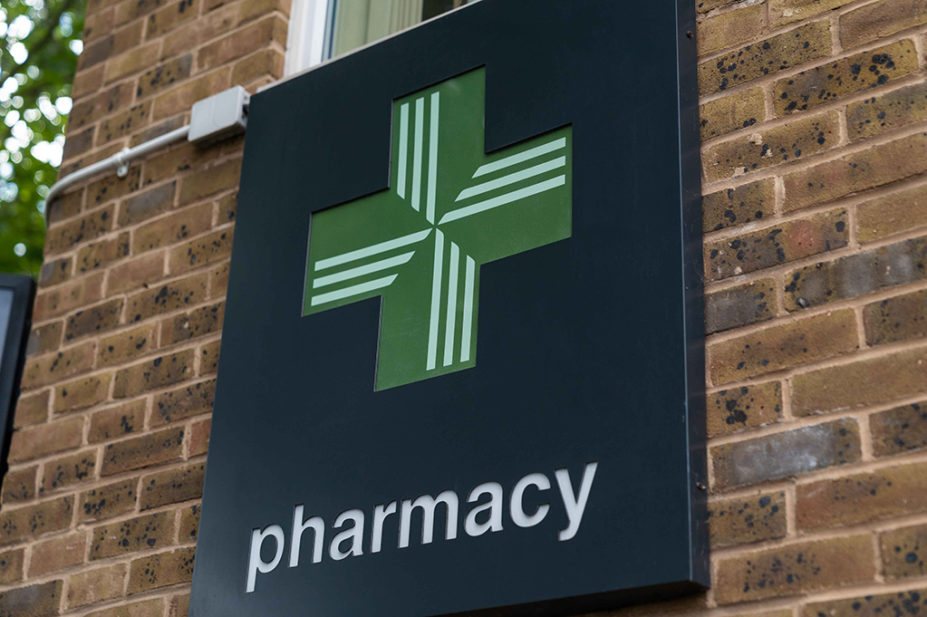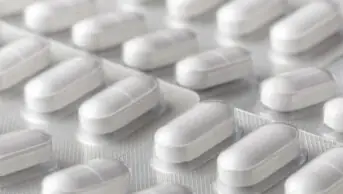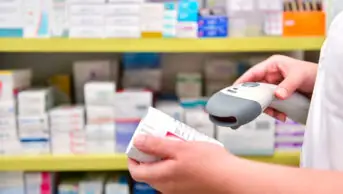
Shutterstock.com
The government granted a record number of drug price concessions for community pharmacies in September 2022, which could cost the NHS an additional £32m.
In an update on its website, published on 3 October 2022, the Pharmaceutical Services Negotiating Committee (PSNC) listed 159 products for which drug price concessions were granted by the government during September 2022.
This exceeds the number of concessions granted in August 2022, after which the PSNC announced that it was “escalating its concerns about the process for setting price concessions to senior government officials” following the “record 138” concession prices that were agreed that month.
Price concessions are granted for generic medicines when pharmacists are unable to source them at the price listed in the Drug Tariff. If a price concession is in place, the pharmacy contractors will be reimbursed at the concessionary price rather than the Drug Tariff’s listed price.
According to data analysis carried out by researchers at OpenPrescribing, a project run by the University of Oxford and funded by NHS England, the concession prices would cost the NHS an additional £32.1m if prescribing levels remained the same as in July 2022.
This is the highest additional cost since the start of the COVID-19 pandemic in March 2020, when the cost previously peaked at £25.4m in April 2020.
The list of products issued price concessions in September 2022 included alendronic acid and aripiprazole, with pharmacists warning that shortages of both medicines are impacting patient care and potentially causing harm.
The Department of Health and Social Care told The Pharmaceutical Journal on 3 October 2022 it is working on guidance to help prescribers manage shortages of glucagon-like peptide-1 (GLP-1) receptor agonists, following supply issues with semaglutide (Ozempic; Novo Nordisk) and dulaglutide (Trulicity; Lilly).
In February 2022, the Pharmaceutical Services Negotiating Committee told The Pharmaceutical Journal that medicine supply issues were behind a rise in generic medicines prices. It attributed the supply issues to COVID-19-related staff absences, changes in trading post-Brexit and increases in oil prices.
Leyla Hannbeck, chief executive of the Association of Independent Multiple Pharmacies, said the number of medicines facing supply issues “has not got better at all and the range of products affected changes almost on a weekly basis”.
“There doesn’t seem to be any pattern to the shortages at all. Prescriptions get held up in the pharmacy while waiting for alternatives from GPs. It is frustrating and it wastes a lot of time, both in the pharmacy and the GP surgeries, which are already struggling to cope with their own demand. It leaves patients at risk of not getting the medication that they need,” she said.
“The price concessions and trying to get medicines below the price is another huge waste of time and energy especially when some price concessions are only announced at the end of the month.”
Mike Dent, director of pharmacy funding at the Pharmaceutical Services Negotiating Committee, said: “Surpassing the record number of price concessions ever granted for the second consecutive month is an extremely concerning situation to be in. There can be absolutely no doubt now that the price concession system is no longer working from a contractor perspective. We know that pharmacies cannot continue to fund the gap between reimbursement and purchasing prices for some medicines.”
He added that “initial positive conversations have already taken place” since the announcement of plans to review the price concessions system.
A spokesperson for the DHSC said: “Generic suppliers have freedom of pricing and can put prices up quickly to ensure we maintain continuity of supply despite increasing prices within the global market. Concessionary prices mean pharmacy contractors are paid fairly when prices increase.”
- This article was updated on 5 October 2022 to include additional comment from the Pharmaceutical Services Negotiating Committee and Department of Health and Social Care


